It is hard to forget October 6, 2010. The day marked the birth of one of the most successful and fastest-growing social media platforms in the tech world. It offered an everlasting dance and song between photography and social media.
Since then, many people have signed up for the platform and haven’t looked back. Despite the exponential growth rate, many people struggle to get the engagement to make their Instagram accounts successful. Visit VVSLikes to learn more about Instagram likes and engagement.
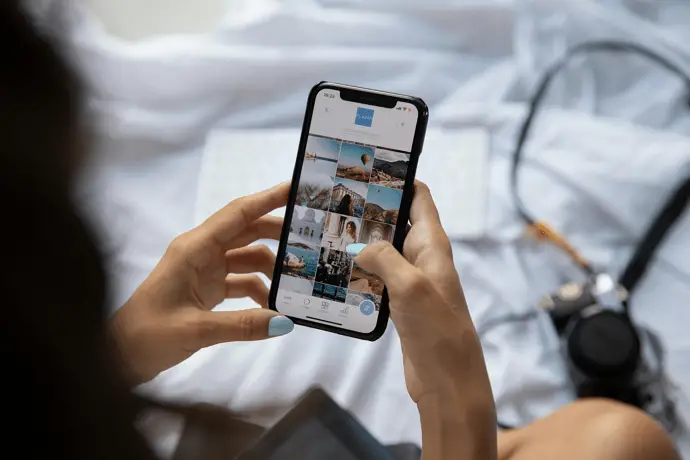
Psychology Behind Instagram Likes and Engagement
People do not know that a lot of psychology is involved in success on Instagram and other social media platforms. Knowing the psychology behind Instagram likes and engagement is vital. A perfect analysis can enable you to create like-worthy content to boost your account’s performance.
The psychology behind Instagram likes and engagement is multifaceted, and it involves a combination of individual and social factors. Understanding why people engage with content on Instagram can provide insights into human behavior in the digital age.
Here are some key psychological aspects to consider:
Social Validation:
Social validation on Instagram is a psychological phenomenon where individuals seek affirmation and approval from others within the social media platform. This validation often comes in the form of likes, comments, and shares on users’ content.
People often seek social validation and approval from their peers. Instagram likes to serve as a form of social currency, indicating that others appreciate and approve of their content.
The number of likes can influence perceptions of popularity and social standing. Individuals may feel more validated and confident when their posts receive more likes.
Dopamine and Reward System:
The act of receiving likes triggers the brain’s reward system, releasing dopamine. This neurochemical is associated with pleasure and reinforcement.
Instagram, like other social media platforms, employs a variable reward system. Users are uncertain when and how much engagement (likes and comments) they will receive for a particular post.
This unpredictability enhances dopamine release, as the brain is wired to respond strongly to uncertain rewards. The anticipation of receiving positive feedback becomes a compelling factor.
IG provides a platform for instant gratification. Users can quickly post content and receive immediate feedback through likes and comments. The rapid feedback loop on Instagram taps into the brain’s desire for immediate rewards, further reinforcing the association between using the platform and experiencing pleasure.
Creating and posting content on Instagram, especially when it aligns with trends or garners positive reactions, can activate the dopamine system. The positive feedback loop encourages users to continue creating content, seeking the pleasure of receiving social validation.
However, the combination of instant gratification, variable rewards, and social validation can contribute to addictive patterns of behavior on Instagram. Users may spend more time on the platform, seeking the pleasure of positive engagement.
Comparative social influence:
Users use social comparison to evaluate their worth and success compared to others. Likes can be seen as a measure of popularity and success.
The desire to outperform peers or gain recognition can drive individuals to create and share content that they believe will be well-received.
FOMO (fear of missing out):
Fear of Missing Out” (FOMO) is a psychological phenomenon characterized by a pervasive anxiety or apprehension that others might be having rewarding experiences from which one is absent. In the context of Instagram and other social media platforms, FOMO often manifests as a fear that others participate in events, socialize, or enjoy experiences without the individual in question.
Instagram often showcases curated and idealized versions of people’s lives. Seeing others receive likes and engagement can create a fear of missing out on social experiences or opportunities. Individuals may engage more actively to avoid feeling left out or disconnected from their social circles.
Self-Esteem and Identity Expression
Posting content and receiving likes allows individuals to express their identity and interests. Positive feedback reinforces a sense of self-worth and belonging.
On the other hand, a lack of engagement or negative feedback can impact self-esteem and contribute to feelings of rejection.
Reciprocity and social connection
Reciprocity and social connection are important aspects of human interaction, and they also play a significant role in the dynamics of Instagram and other social media platforms.
Reciprocity involves the mutual exchange of likes, comments, and other forms of engagement on Instagram. When someone engages with another user’s content, reciprocation is often expected.
Users may feel obligated to like or comment on the posts of those engaged with their content. This reciprocal engagement strengthens social connections within the platform.
Instagram provides a platform for individuals to build and maintain social connections. Reciprocal interactions, such as following each other, liking posts, and engaging in conversations through comments or direct messages, contribute to developing online relationships.
Reciprocity fosters a sense of community on Instagram. Users engaging with each other’s content creates a virtual community where individuals feel connected and supported by others who share similar interests or experiences.
Finally, reciprocal engagement serves as a form of social validation. When others engage with one’s content, it reinforces a sense of value and importance. Conversely, actively engaging with others’ content can promote a positive self-image.
Algorithmic Feedback Loop:
The algorithmic feedback loop on Instagram refers to how the platform’s algorithm influences the visibility and engagement of content based on user interactions. This loop has psychological implications, especially concerning likes, as it can impact the content users see and the engagement they receive.
Instagram’s algorithm plays a significant role in shaping user experiences. The more engagement a post receives, the more likely it is to be shown to a wider audience, creating a positive feedback loop.
The algorithmic nature of Instagram turns the engagement process into a game. Users may actively strategize to optimize their content for likes, engaging in social comparison to see how their posts perform relative to others.
The competitive aspect of likes can drive users to create content that aligns with popular trends and aesthetics to increase the likelihood of engagement.
Final Thoughts
Understanding these psychological drivers can be valuable for individuals, content creators, and marketers aiming to optimize their Instagram presence. It also highlights the importance of considering the potential impact of social media engagement on mental health and well-being.

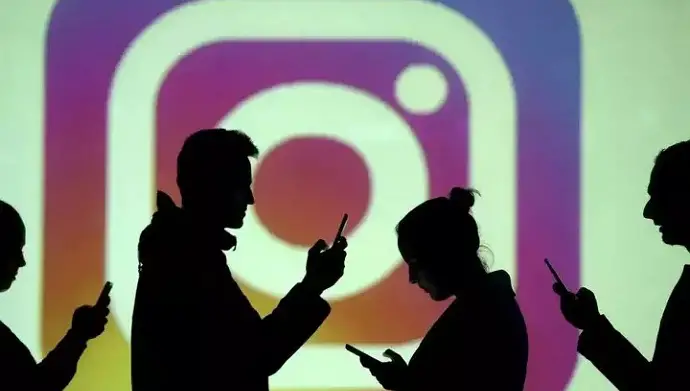
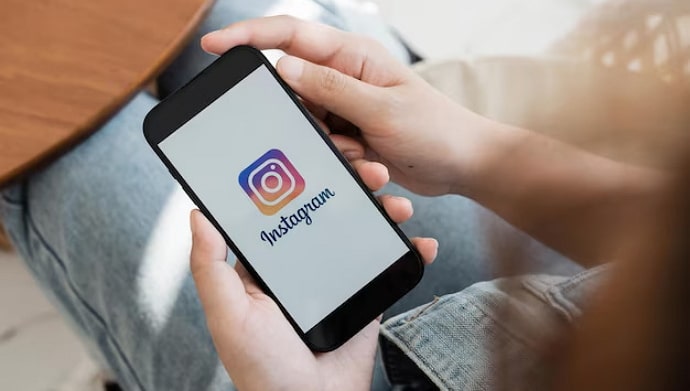
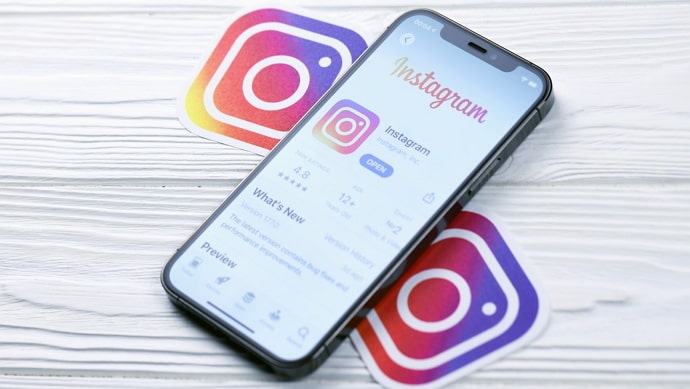
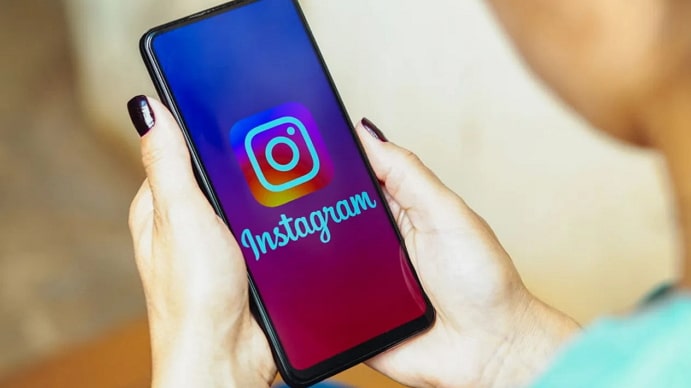
 Bitcoin
Bitcoin  Ethereum
Ethereum  Tether
Tether  XRP
XRP  Solana
Solana  USDC
USDC  Lido Staked Ether
Lido Staked Ether  TRON
TRON  Dogecoin
Dogecoin